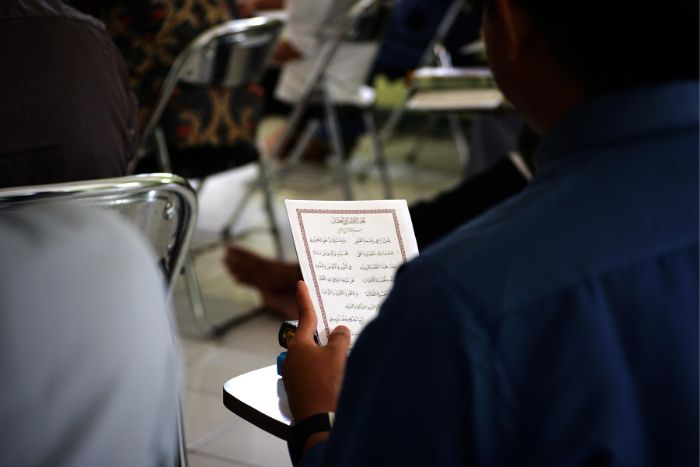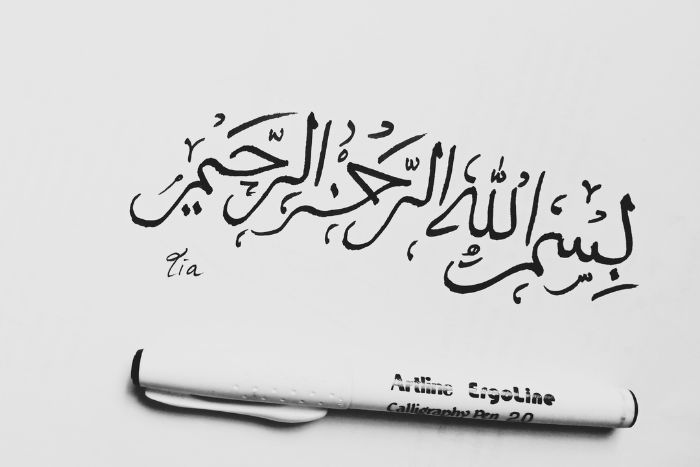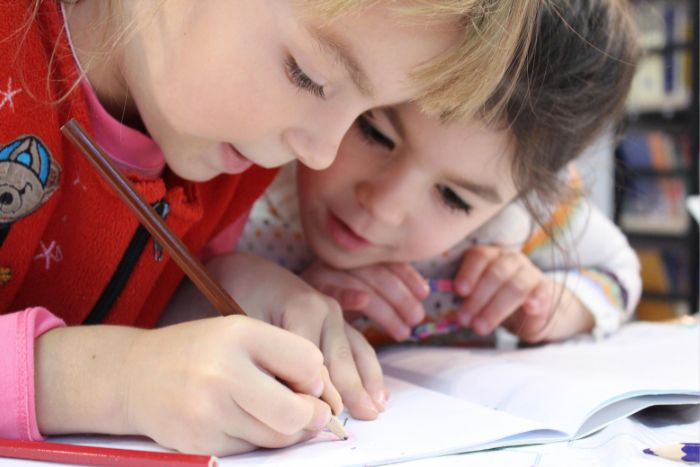The Pros and Cons of learning the poetic language.
The UAE is a multicultural hub of diversity with an international student body in a plethora of curriculum schools.
CARFAX Education knows that no two schools are the same; but one consistent theme that runs throughout all the education is the mandatory Arabic classes for all and highlights the pros and cons.
THE PROS
– An increasingly popular language used in 20 different countries, Arabic is well known for increasing critical language skills since it is a poetic and analytical language.
Speaking and writing Arabic can open doors to opportunities that are almost guaranteed to fast-track to an international career. It is a great asset for any future diplomat or aid worker, roles that are inspired by an expat childhood. It is also a desirable skill for careers in law, marketing and media, aviation and engineering, to name but a few.
– Muslim pupils also benefit from being able to read Arabic since it allows them to read the Quran proficiently. Many people we spoke to said that this was the best takeaway they had from learning Arabic in school, one for which they will always be grateful.
“Learning a second language can help develop critical thinking skills at an early age as well as laying the foundation for more easily learning other languages in the future,” says Carl Morris, Head of Carfax Tutors.
“Studies have shown that learning a complex and challenging language such as Arabic can boost problem solving skills, memory and concentration. Children proficient in other languages have even show enhanced creativity and mental agility,” he adds.
THE CONS
Why then, with such fantastic benefits to learning Arabic, do parents have a reluctance towards their children learning this incredibly useful language?
– Arabic is difficult and therefore parents often sympathise with their children. Not only is it a new language to learn, but also a new alphabet script that is read from right to left. * Not only is Arabic difficult, but there are so many types. Classical or colloquial? Peninsular, Mesopotamian or Levantine to name a few. More and more Arabic native speakers do not even understand classical Arabic; therefore, why should children spend hours learning a language that they are unable to communicate?
– The UAE is a transient city; many children relocate every year to their families’ new posting, or return to their homeland, and therefore are not always able to continue their Arabic studies and learning. A language not used is a language lost. Moreover, since the UAE is a melting pot of cultures that yields a myriad of languages, Arabic is not always the language that people are exposed to on a day-to day basis, and often becomes lost among English, Urdu and Russian, among other languages, spoken across the UAE.
– Children returning to their home country often lack knowledge of their native language; therefore, many families feel that learning Arabic in the classroom should be replaced with French, Spanish or any other language that might be needed when pupils enrol in other schools beyond the UAE. For example, in the UK, French, Spanish and German language learning rank first in both primary and secondary schools.
Reflecting on her own personal Arabic studies, Clare Preston, Head of Education Studies at Carfax Education Dubai, says: “My own experience of learning Arabic as an expat kid was that I learned to read and write, but I didn’t know what I was reading and writing.
“Once you master the alphabet, the grammar rules are even more complicated. Not to mention the complex vocabulary; when the English language has one word for something, Arabic has 20.”
While Arabic may not be the top choice for expat parents, at CARFAX Education we believe this should not be the case.
THE WAY FORWARD
Arabic teaching
The way Arabic is taught in schools has not taken the same evolutionary development in terms of pedagogy that other subjects have. For the most part, teaching Arabic consists of a ‘teacher standing in front of a board ’ scenario.
We believe that children are no longer responsive to this type of instruction; they need games, exploration, student-led learning and immersive environments. Moreover, schools struggle to find experienced and qualified teachers to deliver comprehensive lessons. In 2015, the Knowledge and Human Development Authority (KHDA) identified three key causes as to why schools are not progressing in the teaching of the Arabic language.
– The quality of teaching and delivery of the lessons being taught
– Although the curriculum standards are outlined by the Ministry of Education, they are implemented by schools in different ways, thus leading to inconsistencies
– Assessments do not reflect the true levels of the students’ language abilities. By using traditional ‘memorise and recall’ examinations, schools cannot assess how much of the language students really understand.
In conclusion, with the right teacher, correct teaching philosophy and curriculum standards, pupils will enjoy the subject, be self-motivated to use the language, make it a hobby outside of lessons and gain skills that will bring a complex language to life.
WHAT IS IN STORE FOR ARABIC FOR NON-NATIVE SPEAKERS?
The Knowledge and Human Development Authority and ADEC have taken it on themselves to make this a top priority with a five-year plan to be implemented. This will not only ensure Arabic is provided for all, but that the programme is accessible and enjoyable. This will be done through increased inspections, incorporating Arabic into curriculum planning, and getting schools to treat the language as an essential part of the schools’ community.
Arabic is a complex subject that is taught traditionally, on top of which dynamic teachers of Arabic are few and far between. That said, Arabic is an incredible asset to any child and with the support of a drive towards better Arabic provision and delivery, we look forward to seeing pupils all over the UAE benefit from it.
If you would like to talk to Carfax Education about Arabic language studies and tuition support, email [email protected] or call +971 4 438 5276




